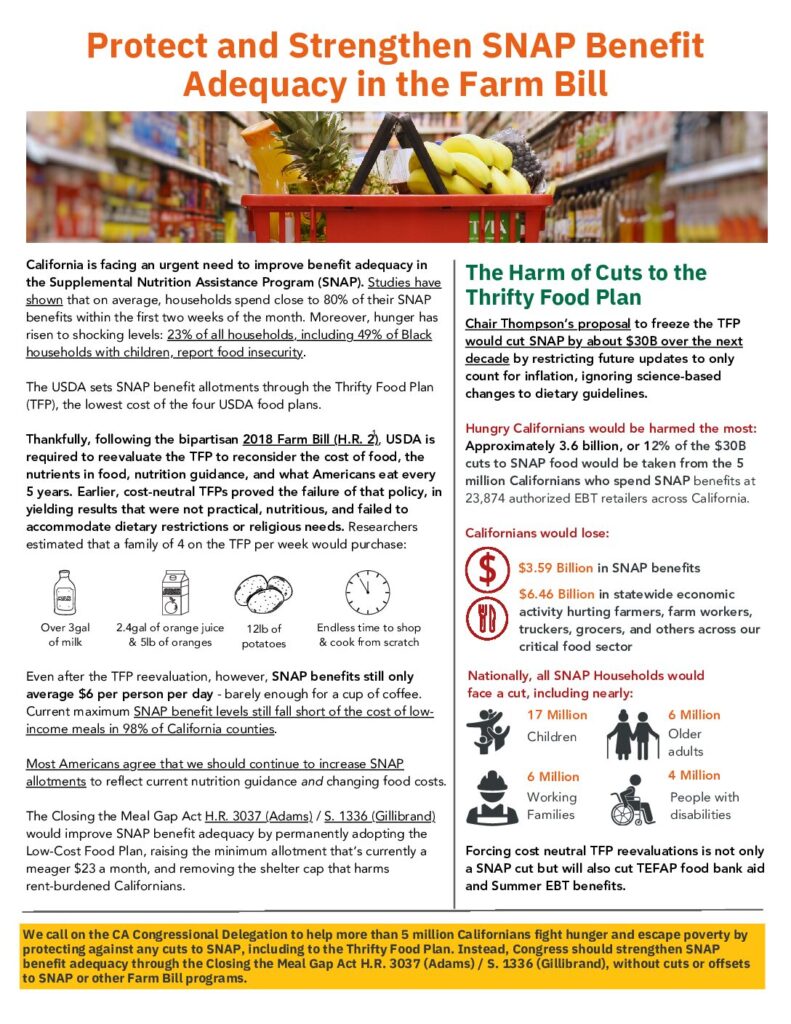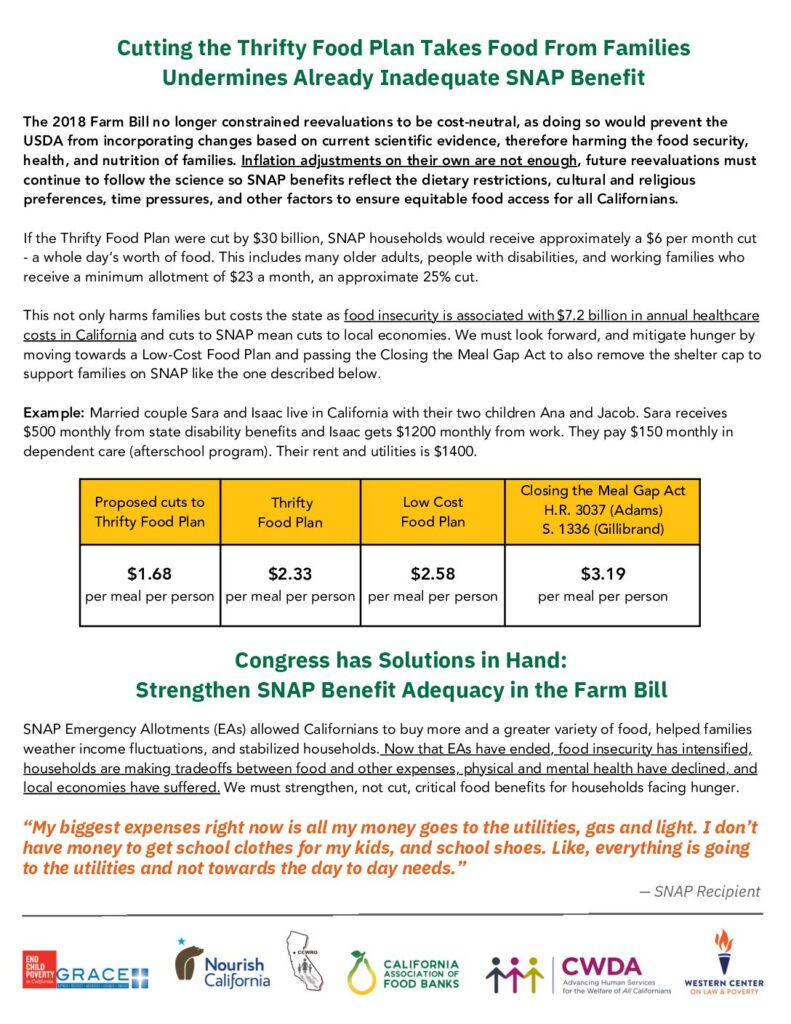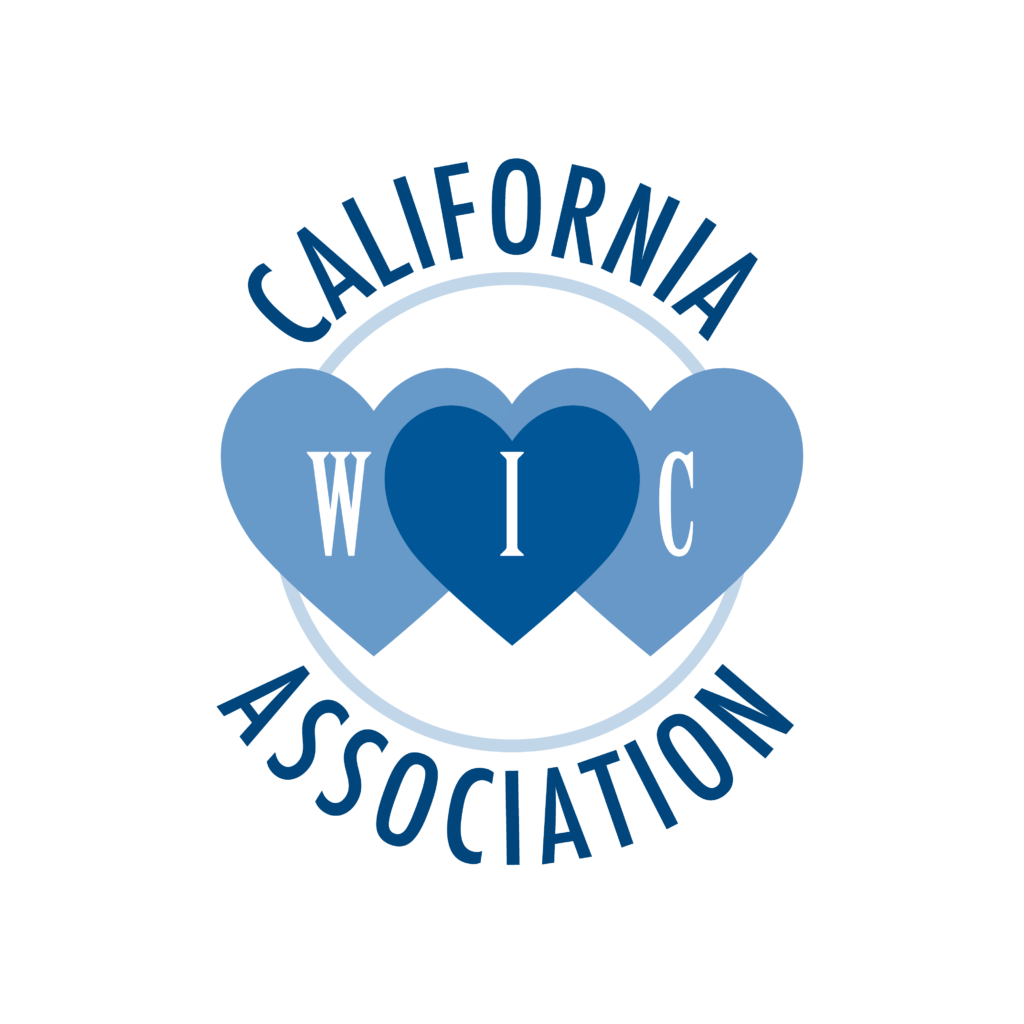RELEASE: GRACE & End Child Poverty California Applauds Legislature’s Budget Agreement
GRACE/End Child Poverty CA Urges Adoption of Legislature’s Budget Which Protects Progress in Core Safety Net Programs and Services
[PASADENA, CALIF., UNITED STATES, May 30, 2024] — Statement attributable to Shimica Gaskins, President & CEO, GRACE & End Child Poverty California (ECPCA):
Yesterday, California legislative leaders announced their joint Legislative budget agreement, marking a crucial step forward in our collective efforts to combat poverty in our communities.
The agreement reflects a commitment to reject failed austerity and prioritize proven anti-poverty programs. The safety net is even more important during challenging economic times, safeguarding families who are hit hardest by rising costs of basic needs and who, unlike their wealthier peers, rely more – not less – on public programs as a result.
We extend our gratitude to Senate President Pro Tem McGuire, Assembly Speaker Rivas, Budget Chairs Gabriel and Wiener, and Subcommittee Chairs, Alvarez, Jackson, Laird, Menjivar Padilla, Quirk-Silva, and Weber, for the agreement that prevents permanent and irreversible harm to children living in poverty.
“This joint Legislative budget agreement reflects putting our values first – ensuring every Californian has the resources and opportunities to thrive,” said Shimica Gaskins, President & CEO. “We applaud the Legislature for prioritizing our most vulnerable children and families. Preserving vital safety net programs that provide cash, childcare, food, healthcare, and other supportive services while retaining key investments from the Governor’s budget, will keep us moving forward in the fight to end child and family poverty. It is critical that these are included in the final budget.”
Key actions outlined in the agreement prevent cuts that would worsen already deep, unjust inequities of poverty for communities of color, including:
- Restoring life-saving programs across CalWORKs, child care, IHSS, CalFresh, and other vital anti-poverty programs, and
- Preservation and equitable treatment of the Safety Net Reserve.
We are also excited to see actions taken, even amid the deficit problem, that advance timely and important steps to ending child poverty, including:
- Building on the Governor’s leadership to pursue federal CalWORKs pilots with family-centered changes, which aligns with national guidance calling on states for innovations to ensure tailored engagement and support family well-being
- Strengthen California’s nation-leading School Meals For All program by improving Direct Certification to fully maximize federal provisions
We applaud and urge additional action to find savings from smart solutions to public safety through closing empty prisons and permanently making California’s revenue system more equitable by ensuring wealthy corporations pay their fair share.
We urge continued action to restore and advance IMAGINE priorities, including:
- Cut of Free Tax Preparation & Outreach to $12 million, from $20 million,
- Delay of Food For All older adults regardless of immigration status,
- Pass-through of child support to current CalWORKs families, and
- Continuous Medi-Cal coverage to young children.
Finally we are concerned, based on the information released so far, that in constructing a multi-year agreement, freezing program funding at prior utilization could:
- Lead to funding levels insufficient to meet real program needs given rising caseloads, especially in 2025-26, and
- Be used to establish lower baselines that make it more challenging to readjust funding levels to true community needs – as happened following the Great Recession.
We recognize and celebrate the shared values of the Administration and Legislature to address the root causes of poverty and systemic racism. The significant actions taken during this Administration toward the Governor’s North Star to end child poverty underscore that the constraints faced this year have been due to limited resources, not a lack of commitment.
While we’re disappointed that this budget hasn’t provided the opportunity to do even more to achieve that goal, we express our full support for the Legislature’s proposal to preserve progress and prevent what would be irreversible harm from child poverty.
We are eager to work with all stakeholders to ensure that these actions are solidified in the final budget agreement. Together, we can build a California where every child is valued and free.
End Child Poverty in California (ECPCA) is a campaign jointly sponsored by GRACE End Child Poverty Institute and GRACE (Gather, Respect, Advocate, Change, Engage).
GRACE End Child Poverty Institute is a 501(c)(4) nonprofit organization that uses advocacy, legislative advocacy and mobilization programs to achieve its mission. The mission of GRACE End Child Poverty is to make a positive difference in the lives of low-income families and their children through value-based collaborations and by formulating, implementing, and expanding measures to reduce barriers to full personal development and economic stability.




